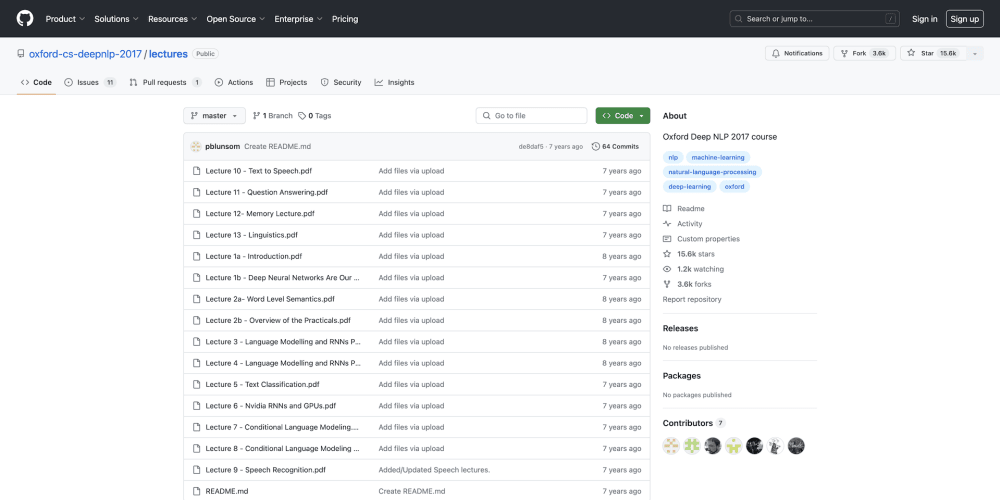In today's fast-paced digital world, the need for rapid, continuous development has given rise to DevOps, a combination of "development" and "operations." It is more than just a set of tools or practices; DevOps is a cultural shift aimed at improving collaboration between software developers and IT teams. Businesses worldwide are adopting DevOps to enhance their operational efficiency, reduce time-to-market, and ensure that software products and services meet customer demands more effectively.
This article will explore the core concepts of DevOps, how it benefits businesses, and why you should consider implementing DevOps practices in your organization.
What is DevOps?
DevOps is an approach to software development that integrates software development (Dev) and IT operations (Ops) to shorten the development lifecycle, providing continuous delivery and high software quality. It encourages better collaboration, communication, and integration between developers and IT professionals, aiming to automate and streamline the process of building, testing, and deploying software.
In traditional models, development and operations teams work separately. Developers create applications, and operations teams manage their deployment. DevOps breaks this siloed approach, merging both teams to foster a more dynamic and collaborative environment.
The Core Pillars of DevOps
Continuous Integration and Continuous Deployment (CI/CD):
DevOps emphasizes the continuous development, integration, testing, and deployment of code. This means developers frequently commit changes to a shared repository, and each update is automatically tested and deployed.Automation:
Automation is the backbone of DevOps, reducing manual intervention in the testing and deployment process. Automated testing, configuration management, and deployment pipelines are key practices to ensure fast and reliable software delivery.Collaboration and Communication:
By encouraging close collaboration between developers, IT operations, and other stakeholders, DevOps ensures all teams work towards the same goals with clear communication. This minimizes errors and improves overall efficiency.Monitoring and Feedback:
DevOps teams continuously monitor the system's performance and gather feedback in real-time, which helps in promptly identifying and fixing issues. This enables continuous improvement and enhances the quality of software services.
Why Should Your Business Care About DevOps?
Faster Time-to-Market:
With streamlined workflows and automation, businesses can deploy new features and updates more rapidly. This agility is crucial in responding to customer needs and market changes, giving businesses a competitive edge.Enhanced Collaboration and Innovation:
DevOps breaks down the walls between traditionally siloed teams, fostering innovation through improved communication and collaboration. This leads to more creative problem-solving and faster development cycles.Improved Efficiency and Reduced Costs:
Automation and continuous delivery mean fewer human errors and less manual labor, leading to more efficient processes. By automating repetitive tasks, businesses can save both time and resources, reducing overall costs.Better Customer Satisfaction:
Continuous monitoring and real-time feedback help DevOps teams deliver more reliable and higher-quality products. Regular updates and quick fixes improve user experiences, leading to higher customer satisfaction.
Real-World DevOps Success Stories
Netflix:
By adopting a DevOps culture, Netflix transformed its infrastructure to support its global streaming service. Continuous delivery and automated testing allow Netflix to deploy hundreds of updates daily without affecting the user experience.Amazon:
Amazon is known for its fast deployment capabilities, delivering updates every 11.6 seconds on average. DevOps practices enabled Amazon to achieve this level of agility, reducing downtime and improving customer satisfaction.Etsy:
Etsy experienced several challenges with downtime and slow updates before implementing DevOps. By adopting continuous delivery, the company significantly reduced the time required for software releases and improved platform stability.
How to Implement DevOps in Your Business
Start with a Cultural Shift:
DevOps requires a mindset change across your organization. It’s about encouraging collaboration, innovation, and shared responsibility between developers, operations, and other teams.Adopt Automation Tools:
Invest in tools that can automate testing, deployment, and monitoring. Popular DevOps tools include Jenkins, Docker, Kubernetes, and Ansible. Automation will help reduce manual errors and speed up your development pipeline.Focus on Continuous Improvement:
Make continuous integration and delivery part of your daily routine. Keep monitoring performance, gathering feedback, and making iterative improvements to both your processes and products.Invest in Training:
Train your team to adopt DevOps practices. There are numerous online courses and certifications available that can help your team get up to speed on DevOps tools and methodologies.
Call to Action: Transform Your Business with DevOps
Incorporating DevOps practices into your business can lead to faster software delivery, greater efficiency, and better customer satisfaction. At Soultware, we specialize in helping businesses implement DevOps strategies that lead to tangible results. Whether you're just starting your DevOps journey or looking to optimize your current processes, we can guide you every step of the way.
🚀 Ready to accelerate your business with DevOps? Contact us today to find out how Soultware can help you streamline your development and operations, driving growth and innovation!





















